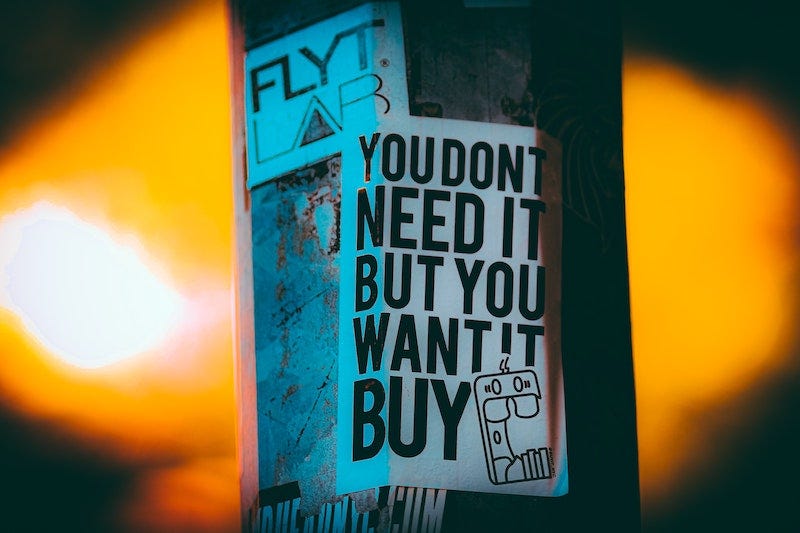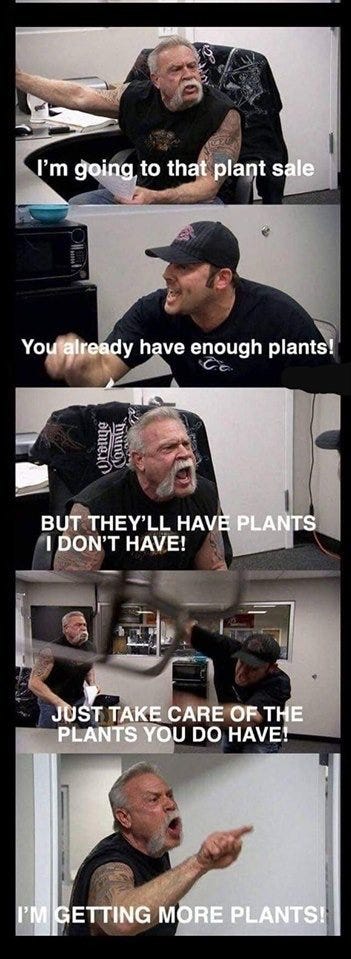A Gift Guide for Food-Loving People Who Feel Ambivalent About Gifts
For when you don't want to give and/or receive more stuff.
It's gift guide season, and you can find plenty of guides out there with "gifts for food lovers" that include heirloom-worthy ceramics, fancy skin products to give your host, and special chocolate. (There's always special chocolate.) I love all those things! But this is not that. This gift guide is for your food- and food-systems-loving friend who feels ambivalent about getting more stuff this year—or maybe that friend is you, and you want to forward this guide to the loved ones in your life who will buy you something this year whether you like it or not, so you may as well ensure you like it.
I am that friend and I have those loved ones. I get it.
This guide is a little different, because it may require a little work on your end. For the most part, it's not a "click the link and buy" kind of situation. If we are putting money behind people and organizations that matter to us, I think they are more meaningful if those people and organizations are part of our community—meaning local to where we are. Not only do those dollars matter a lot to smaller food businesses and nonprofits, but being in proximity means you can open a door to building a relationship with each other. That might mean becoming an ongoing volunteer or customer, an attendee at future events, or just a vocal cheerleader for them in your community. So I'll include some examples from my own experiences in New Orleans and Denver, but mostly to spark ideas and get the wheels turning. (Of course, if you want to support any of them financially, that's great too!)
Buy a book.
Okay, I said all that, but this part actually is a "click the link and buy" situation, but it's books and books are different from stuff, at least for me. To that end, I've finally set up my Bookshop affiliate page, and have curated a couple lists for clicking and buying. (Note: if you buy through these links, I receive a small percentage of the sale.)
Books for Antiracist Dietitians (and everyone else who wants to build more equitable food systems) is a list of books I have found useful and interesting in learning more about the intersection of food and race. I'll keep adding to this list as other books cross my path.
Friday Joy Finds is a collection of all the books I have mentioned in my Friday Joy posts. Not related to food—just good books! Special shout-out to my last pick, Dinosaurs by Lydia Millet, which I finished last week. It was so subtle, smart, and full of heart; it was just what I wanted to read during a week of holiday travel.
Donate to a (local, BIPOC-led) organization building a more equitable future.
It doesn't have to be a food-related organization, although it can be. But of course, the question of who has access to what food, who is experiencing food insecurity, who grows, cooks, and serves our food, and so many other aspects of food are closely tied to issues like housing, education, employment, criminal justice, and more.
Perhaps there are issues that have an acute impact on the well-being of BIPOC communities where you live. Are there any organizations in your area addressing those issues, led by the communities most affected by those issues? I try to prioritize BIPOC-led nonprofits—because racial disparities in philanthropy put organizations led by people of color at a financial disadvantage—and look at who holds power in each organization. Who is on their board? What experiences do their staff members bring to their work? Often it is organizations that promote white saviorism that get the most press and donations, especially at this time of year. I don't mind putting in a little extra work to find organizations whose mission and methods I wholeheartedly support.
When I lived in New Orleans, I put together a list of nonprofits I liked and sent them around to family members as my gift list. Being in Louisiana, food, criminal justice reform, and reproductive rights were my priorities. In addition to great food and farming organizations like Grow Dat Youth Farm, I included Voice of the Experienced (VOTE), an incredible grassroots organization led by formerly incarcerated individuals, Birthmark Doula Collective, and the New Orleans Abortion Fund. I subsequently became a cheerleader for all of these organizations, collaborated professionally with Grow Dat, and ended up volunteering with VOTE on a campaign to end a Jim-Crow-era non-unanimous jury law. Donating locally made those gifts more meaningful for me, and enabled me to build longer term, deeper relationships with the organizations my gifts supported.
Give an experience (together).
Maybe all your research earlier clued you in to a dinner, class, or other event being hosted by a local organization that might be fun for your friend to do, alone or with you? Here in Denver, for instance, I've been wanting to take an Herbal Knowledge or Farmer Knowledge class with Frontline Farming, or attend one of their community dinners. Or maybe you saw that a nonprofit is looking for volunteers? You could offer to volunteer alongside your loved one for a cause they care about as your gift.
There are also cooking classes, of course, and maybe something interesting through your local extension office. My friend Beth and I took a one-day native gardening class together through a nearby county extension office last year, and it has added a fun extra dimension to our friendship. Who else am I going to go to native plant sales with, or send photos of my anise hyssop plants, or share plant-related memes with? Answer: no one.
Or how about helping them have a new food experience nearby? I always have a list of "I've been meaning to" food experiences in my head. In Denver, it includes checking out Cultura Chocolate and the Hecho en Westwood Collective, eating Asian Cajun and Hmong food at Casian Seafood, and buying a few pounds of barbacoa de borrego from El Borrego Negro and having friends over for a feast.
Sometimes what is standing between me and doing these things is my children—nothing kills the mood of digging into a plate of interesting food like having to attend to your children's extremely vocal dietary preferences—sometimes it is needing a food adventure partner to join me, and sometimes it is myself. I just need someone to say, "We're doing this!" and then it's so easy to do it finally. Maybe you can be that someone for a person you care about? And if they need it, secure them some childcare?
Support a BIPOC-owned CPG company.
If you need something small, like a stocking stuffer, a special food product makes a lot of sense. For a variety of reasons, the world of consumer packaged goods (CPG) is an extremely white space, so where I can, I try to support BIPOC-owned brands, especially the small and local. These types of brands probably won't be at your local grocery store; the barriers to entry are simply too high. Instead, places like farmers markets, pop-up holiday markets, incubator kitchens, BIPOC-focused economic development organizations, and local festivals are good places to look.
In Denver, Tocabe Indigenous Marketplace carries a variety of Native grown and produced goods, Ruby's Market is an incubator for entrepreneurs who are immigrants and refugees, and many organizations came together to launch ShopBIPOC, an online directory of BIPOC-owned businesses in Colorado.
I hope this meandering wander through my gift-giving and gift-requesting process has been helpful. It's been helpful for me too, because I have resolved to check all of those "I've been meaning to" food experiences off my list ASAP and also to get some stocking stuffers from Tocabe and Cultura Chocolate. I guess this is a real gift guide after all; it's got the special chocolate.
Feel free to share your favorite local nonprofit organizations, food systems books, or CPG products or marketplaces in the comments!







Love this, and also I heard Casian may be closing so might want to get over there fast ...